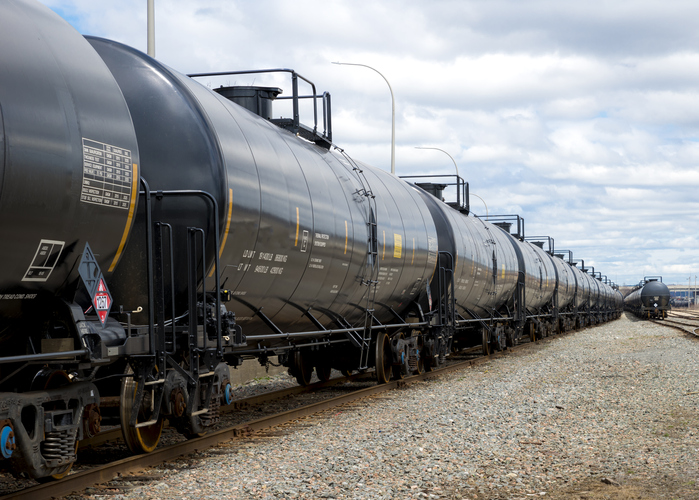Environmental groups in Pennsylvania and New Jersey say the US Department of Transportation’s Pipeline and Hazardous Materials Safety Administration (PHMSA) is “reckless” for allowing the transport of liquified natural gas by train.
Empower NJ, a coalition of environmental groups, used the phrase “bomb trains” to describe the plan. Rep. Peter DeFazio of Oregon, the chairman of the U.S. House Committee on Transportation and Infrastructure, called the approval “deeply disturbing” and “irresponsible.”
Complaints about the use of trains to transport energy products may carry more weight if these very same groups had not opposed the construction of safe, modern pipelines like Mariner 2. Empower NJ also opposed the Northeast Supply Enhancement Project earlier this year, despite the fact that pipelines are the safest, most environmentally-conscious way to transport energy sources.
As a Fraser Institute study found:
Both rail and pipelines are quite safe, but pipelines are without a doubt the safest way to transport oil and gas.
In every year from 2003 to 2013, pipelines experienced fewer occurrences per million barrels of oil equivalent transported than did rail. Overall in this period, rail experienced 0.227 occurrences per million barrels of oil equivalent transported compared to 0.049 for pipelines.
This means that rail is more than 4.5 times more likely to experience an occurrence.
Additionally, PHMSA concludes that pipelines “enable the safe movement of extraordinary quantities of energy products to industry and consumers, literally fueling our economy and way of life.” The PHMSA also says pipelines are “one of the safest and least costly ways to transport energy products.”
In short, these environmental groups oppose transportation of vital energy sources by pipelines, which are safer and more efficient than trains. Now they oppose trains, which are safer and more efficient than trucks.
How exactly do they expect American families to access the energy sources they need to heat their homes? This isn’t a hypothetical question, as we are seeing in New York, where two utilities stopped accepting new customers earlier this year – and natural gas prices climbed from $3 to $175 during a snowstorm last winter as antiquated infrastructure didn’t allow for supply to meet demand.
It’s time for environmentalists to stop playing politics with our energy resources and help find solutions to deliver safe and critical natural gas to American homes.

